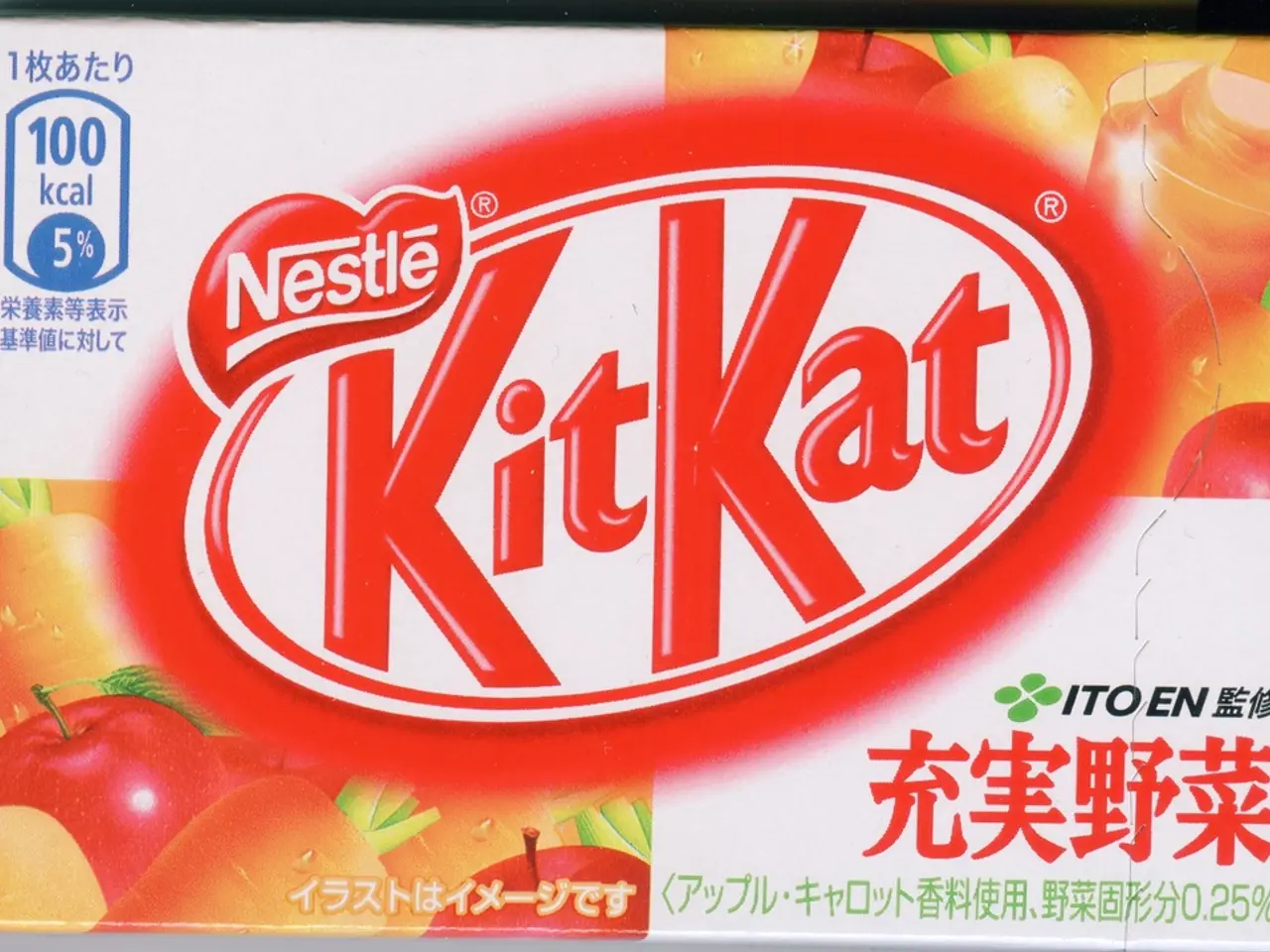Increased consumption of fruits and vegetables has left me surprisingly less hungry.
In a recent experiment, an individual decided to consume eight to ten portions of fruits and vegetables daily for a week, without eating meat. This decision was inspired by research suggesting that such a diet could offer additional health benefits.
The author's meals were carefully chosen for their quick and easy preparation, as well as their ability to help control irritable bowel symptoms. The daily meal plan began with a protein-packed breakfast consisting of Greek yogurt, blueberries, banana, chia seeds, linseeds, and rolled oats. This breakfast contained almost 40g of protein, ensuring the author's protein intake did not suffer as much as they thought it would without eating meat.
For lunch, a colourful vegetable stir-fry was prepared, including pak choi, mushrooms, carrot, ginger, bean sprouts, spring onions, peanut butter, dark soy sauce, light soy sauce, and sweet chill sauce. The stir-fry was served with wholewheat noodles, adding a hearty and satisfying element to the meal.
In the evening, the author opted for a baked sweet potato and cheese for dinner. To simplify meal preparation, the author bulk-bought ingredients, making cooking a breeze.
The author found that they were not hungry during the day, even while eating in a calorie deficit of 300 calories. They tracked their daily calorie intake using the Samsung Health app and occasionally snacked on chocolate, caramel rice cakes, and fruit.
After a week of this diet, the author noticed several positive changes. Their skin improved significantly, with a reduction in problematic skin, dry skin, and eczema. They also felt perky and more fun to be around, despite the decreased calorie intake.
Research supports these observations. Consuming eight to ten portions of fruits and vegetables daily provides greater reductions in cardiovascular risk, improved blood pressure control, increased fiber intake, and enhanced overall nutrient density of the diet compared to the commonly recommended 4 to 5 portions.
Key additional benefits include a greater reduction in the risk of cardiovascular death, improved blood pressure regulation and other cardiovascular benefits consistent with diets like DASH, enhanced fiber intake, and increased consumption of nutrient-dense, low-calorie foods that contribute to better satiety, weight management, and overall diet quality.
In summary, consuming 8 to 10 portions of fruits and vegetables daily goes beyond preventing deficiency and promotes optimal cardiovascular health, metabolic control, and cancer risk reduction in ways more moderate intakes do not fully achieve. This higher intake also supports sustained improvements in food security and diet quality in vulnerable populations.
[1] Hu FB, Stampfer MJ, Rimm EB, Willett WC, Azadbakht L, Ascherio A, et al. Fruit, vegetable, and fibre intake and the risk of coronary heart disease: a systematic review and meta-analysis of cohort studies. BMJ. 2017;358:j1892. [2] Appel LJ, Moese SJ, Obarzanek E, Vollmer WM, Sacks FM, Lin PY, et al. A clinical trial of the effects of dietary patterns on blood pressure control in the Treatment of Hypertension Study (TOHP-3). J Am Coll Cardiol. 2015;65(15):1687–98. [3] Johnston BC, Tapsell LC. Vegetarian diets and cardiovascular disease. Am J Clin Nutr. 2000;71(6 Suppl):1402S–1414S. [4] Drewnowski A, Darmon N. Dietary quality and health: the role of dietary patterns. Am J Clin Nutr. 2004;80(5 Suppl):1287S–94S. [5] Hall KD, Berryman CE, Sacks G, Willett WC, Hu FB. Health effects of reduced dietary fat intake: a review and meta-analysis. JAMA. 2015;313(19):1959–71.
- The individual's nutritious meals, rich in fruits and vegetables, supported not only a healthy-diet but also contributed to better satiety, weight management, and overall diet quality.
- The high consumption of fruits and vegetables in the individual's diet led to a significant improvement in their skin condition, reducing problems like problematic skin, dry skin, and eczema.
- Strength training and cardio workouts, in combination with a healthy-diet, can further enhance overall health-and-wellness and fitness-and-exercise routines.
- A science-based approach to health, emphasizing a higher intake of fruits and vegetables, can promote optimal cardiovascular health, metabolic control, and cancer risk reduction.
- Skincare is an essential component of maintaining overall health; however, a diet packed with fruits and vegetables could also have direct benefits for skin health and appearance.




